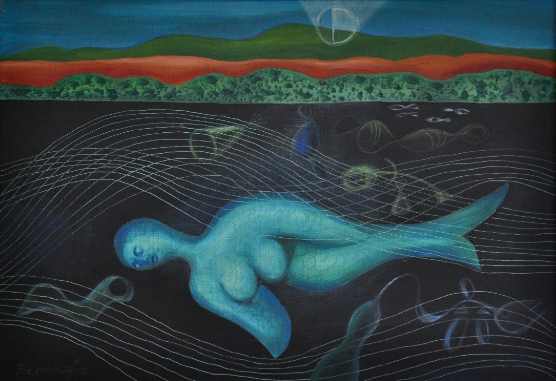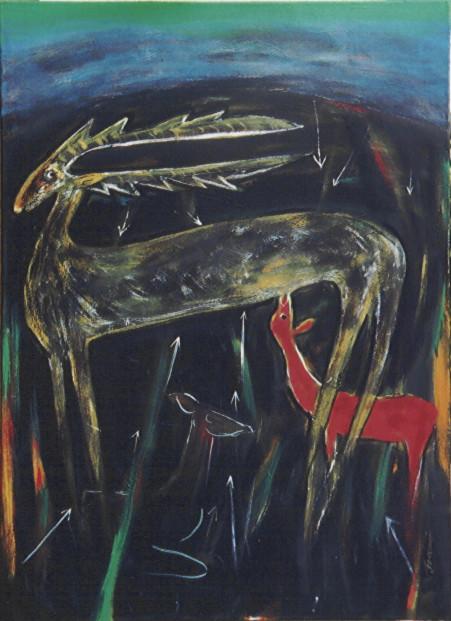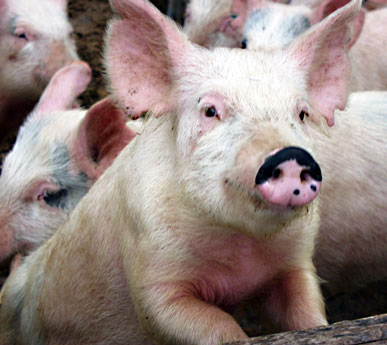Why we eat “farm animals”, and why we let our “pets” be mass euthanized?
http://www.carnism.com < = ? = > http://www.nokilladvocacycenter.org
Why do we think we are animal lovers, when we don’t take the sides of nonhuman animals consistently?
my two cents > https://simorgh.de/niceswine/tag/homocentrism
An Animal Rights revolution, acknowledging a new open view onto the animal kingdom or sticking with the biologistic instinct paradigm.
Why we think “infighting” is bad, when it’s only part of any democratic process?
The recent “infighting” debate between proponents of the “welfarist” and the “abolitionist” view (and the shades of gray inbetween them) shows us just how important allowing pluralist views is for the debate and the practice in our shared goal to help, support, rescue, defend … nonhuman animals .
Yet also we can see how important it is to separate between: priorities for advancing causes and (what I’d call) agenda talk.
Both sides see themselves as being more realistic about the right way in which to approach the general public. Since tragically the general public are still more or less analphabetic as what regards any consciousness of how to bring our animal cospecies constructively (in a life-affirming way) into the political arena of a democracy in crisis ( – the state we are obviously in – but this is a chance, when we take a deep look at the causes for the democratic crisis!).
Animal welfare and animal rights will have to merge into a concept, I believe, that should be wider than an exclusionary sum. The main points to rethink are, I think:
A stronger differentiation in the argumentation is needed often. For instance: what are the goals of welfare? I don’t want to sound funny, but do you still remember the axioms of the set theory? Where do both sides meet, on which grounds, and where do they totally exclude each other … ?
Realistically, how much is “strategy” and how much is “justice” in welfarism: It might be strategically mostly the main option to work on phasing out the speciesist realities and atrocities, but it’s not just. So we got both aspects at one instance, the aspect of being only “strategic”, the slow progress of welfarism – if it has the goal of eliminating speciesism in the end, and the “just” way of abolishing the enslavement of nonhuman animals for human purposes overall, at the other hand.
Goals should be revealed openly if they don’t meet the optimal ends for nonhuman animals in a direct way, such as is the case in welfarism: a tough question, because obviously to do the optimal for animals, we have to do the optimal for nature and humans too, because everything is interwoven on the different layers (and with the optimal for humans being a current issue of open debate or mute silence in our societies.)
Political strategies in the animal rights and the animal welfare movement should be explained, rather than to draw nice images of either the future (abolitionist tendency somehow) or the present (welfarist claims of success where the goal is forgotten over that): why do we deal with nonvegans and non animal advocates the way we do, why do we talk to them the way we talk to them, how do we see the public as so hard to approach on a more honest and critical level?
We do have to have infights, indirectly and partly, cos of our wrangle about the right tone to meet the “general public” … maybe
Why can’t we talk openly towards each other and the other people in society?
Finally: If we would discuss everything more critical and to a deeper level, we would be able to dig our way through ages of history in which we have learned and maybe wanted to distance ourselves from animals and nature.
 You are at risk of engaging in rhetorical branding if:
You are at risk of engaging in rhetorical branding if:





